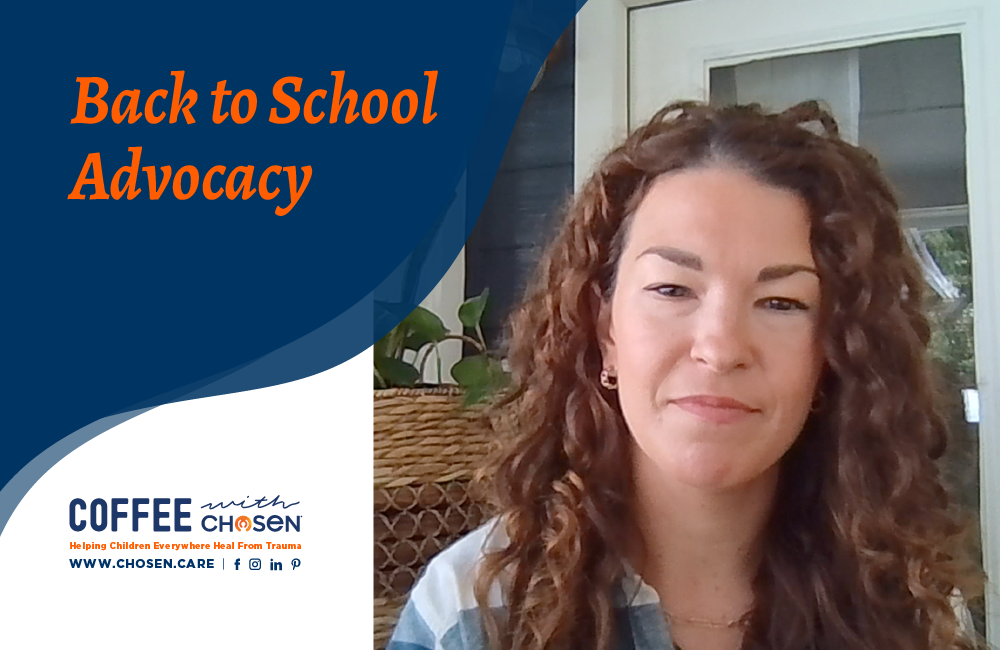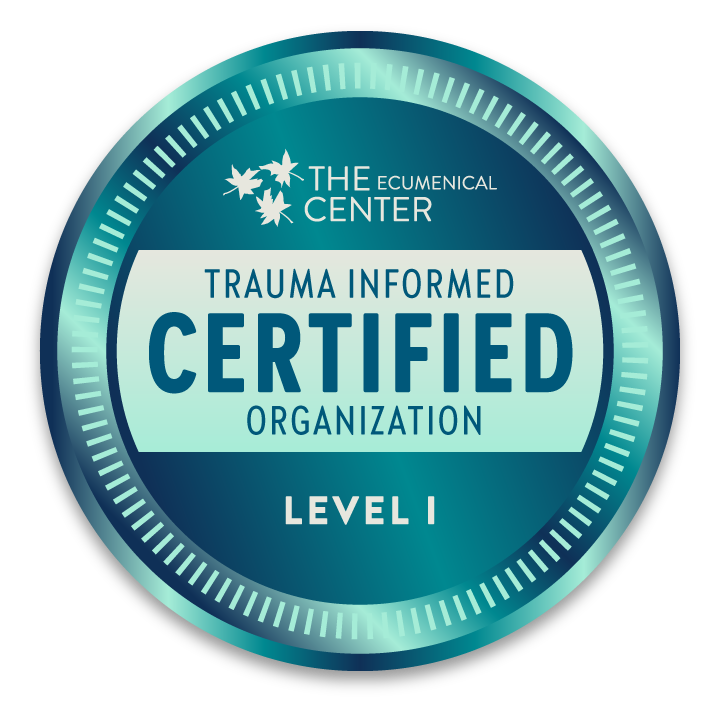When parenting a child who has experienced trauma, school advocacy can feel like a full-time job. From tears at parent-teacher conferences to trips to the principal’s office, the struggle is real.
Chosen has professionals and resources to help with the school advocacy journey.
Back to School Advocacy
Hey! My name is Rachel Sandifer and I am the educational liaison here at Chosen. School can be a difficult, overwhelming, and scary place for a child that has experienced trauma. As the parents and caregivers of those children sometimes we feel like there isn’t much we can do to help them while they are at school. Today I am going to give you 3 tips on how you can be an advocate for your child in school.
Tip 1: Build Relationships. This is by far the most important thing you can do to advocate for your child in school. Get to know your child’s administrators, teachers, coaches, teaching aids, and bus drivers. Sometimes you might have to get creative about how to build these relationships because it isn’t always easy. Be sure to stop and introduce yourself at an open house to administrators and guidance counselors. Express gratitude with a written note to the Art Teacher when your child came home excited about the latest project. Show up to volunteer when you are available. Give a wave, smile, or a blueberry muffin to the bus driver. These small things add up to a child having adults sprinkled all over the building that know them, are looking out for them, and consider themselves part of that child’s team.
Tip 2: Schedule a meeting with your child’s teachers. Maybe you’ve been guilty of following the “no news is good news” rule in the past, but I want to encourage you to go ahead and schedule a meeting with your child’s teacher before there is an issue. This meeting is an opportunity to communicate what has worked well for the child in the past, and what are the things the child is still working on at home or in therapy. Be open and listen to ideas the teacher may have because they have seen and worked with all kinds of children. While we want to protect our children’s stories for them to share when they are comfortable doing so, we also want to give teachers some context to help them understand why your child may behave different than other children. By doing this, we are giving the teacher the extra compassion they will need to deal with those more difficult behaviors.
My 3rd and final tip: Ask for a Mentor. Speak with your child’s guidance counselor to get this going. Some schools have partnerships with local organizations or local colleges. This adds another layer of connection, support, and encouragement to your child’s education.
I hope you’ve found these tips helpful and I want to challenge you to just pick one to focus on this week! If you are looking for more information and support please visit our website at chosen.care













